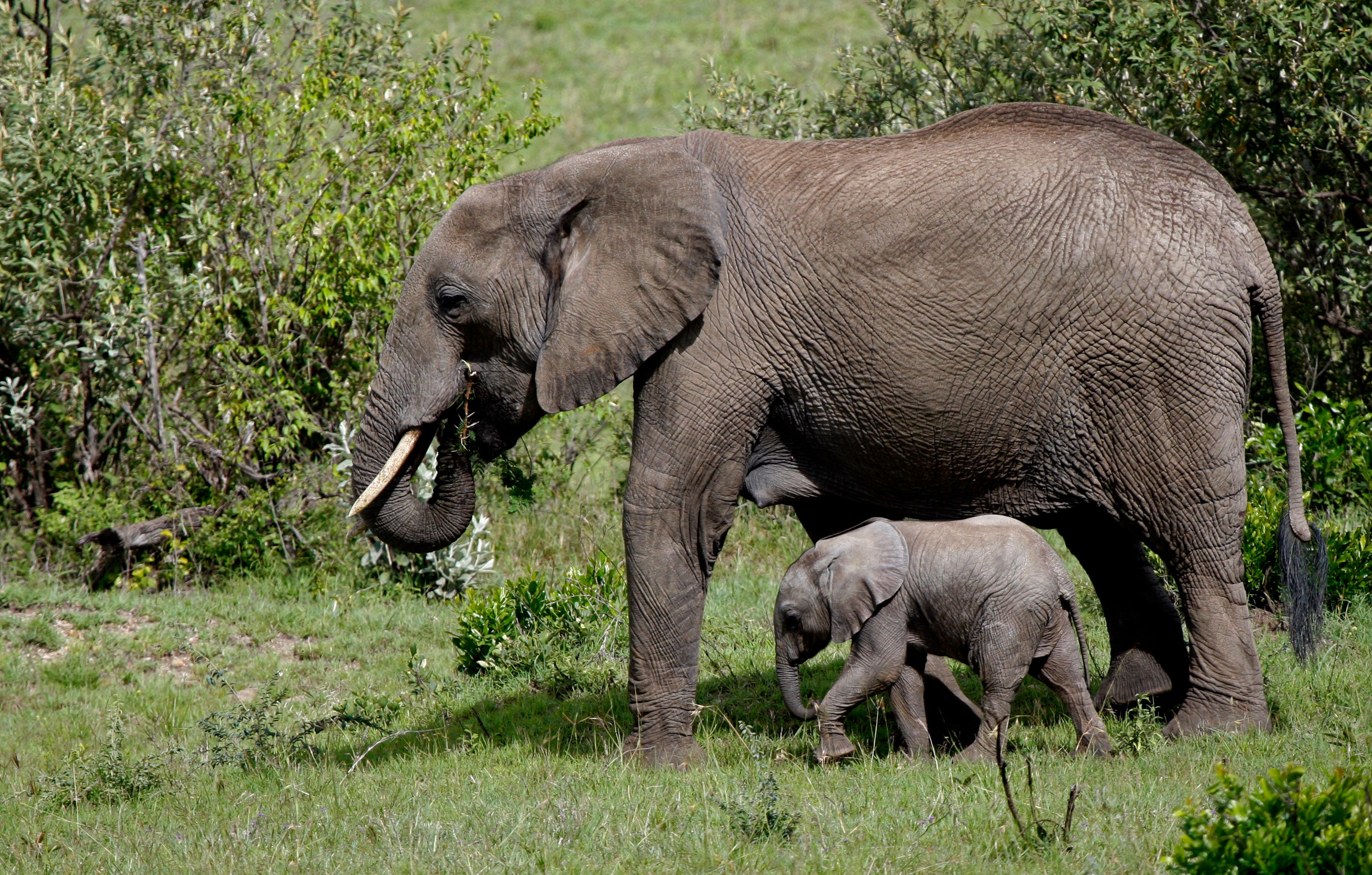Zimbabwe defends its decision to export over 60 baby elephants abroad despite protests
Conservation groups say that the exportation is 'inhumane' and 'wrong'

Your support helps us to tell the story
From reproductive rights to climate change to Big Tech, The Independent is on the ground when the story is developing. Whether it's investigating the financials of Elon Musk's pro-Trump PAC or producing our latest documentary, 'The A Word', which shines a light on the American women fighting for reproductive rights, we know how important it is to parse out the facts from the messaging.
At such a critical moment in US history, we need reporters on the ground. Your donation allows us to keep sending journalists to speak to both sides of the story.
The Independent is trusted by Americans across the entire political spectrum. And unlike many other quality news outlets, we choose not to lock Americans out of our reporting and analysis with paywalls. We believe quality journalism should be available to everyone, paid for by those who can afford it.
Your support makes all the difference.The Zimbabwe government has defended their decision to export over 60 baby elephants to China, the UAE and France, despite heavy criticism from animal conservation groups.
Walter Mzembi, the country’s Tourism Minister said that the country needed to urgently reduce its elephant population and that the programme was in accordance with international “treaties and laws.”
Speaking to the press, Mzembi said: “Our habitat is not designed to carry too many elephants that are in its environment. We have an over-population of elephants.”
The Zimbabwe government announced in December 2014 that due to an ever expanding population of elephants, it would begin a programme of exportation of elephants from Hwange National Park to try and control the numbers of elephants.
Following the decision, both the government and Zimbabwean Parks and Wildlife authorities said that the step had to be made to ensure the country’s elephant population does not grow any bigger.
According to the two groups, the number of elephants was nearly double the amount that Zimbabwe could hold and their ability to consume was destroying the environment and food sources for other species.
Nevertheless, conservation groups have protested calling the decision “inhumane” and “wrong” and said that the exportation has involved young animals being violently taken away from their mothers and then exported in tough conditions to unfamiliar surroundings.
In a statement on Peta’s website they said: “These innocent and terrified babies have been traumatically stolen from their families and their natural habitat, only to be sold to the highest bidder and sentenced to a life of abuse and captivity.”
In 2012, four baby elephants died after being shipped to China from Zimbabwe died, which prompted the US and European Union to sign a petition against the exportation of baby elephants from Zimbabwe.
The Zimbabwe government has argued that they are currently suffering from a conservation funding crisis and that the funds appropriated from the sale of the elephants would be used to help with conservation efforts.
Speaking on 6 January, Water and Climate Committee chairperson, Anastacia Ndlovu, , said: “The selling off of live elephants will enable the wildlife authority to raise enough funds to protect the jumbos and other wildlife.”
Join our commenting forum
Join thought-provoking conversations, follow other Independent readers and see their replies
Comments